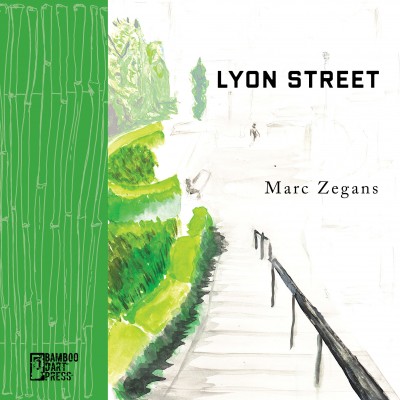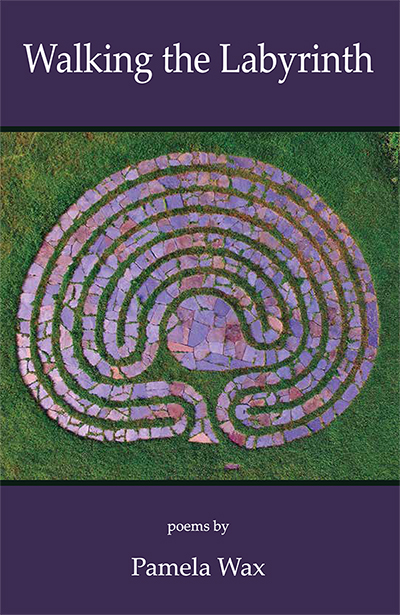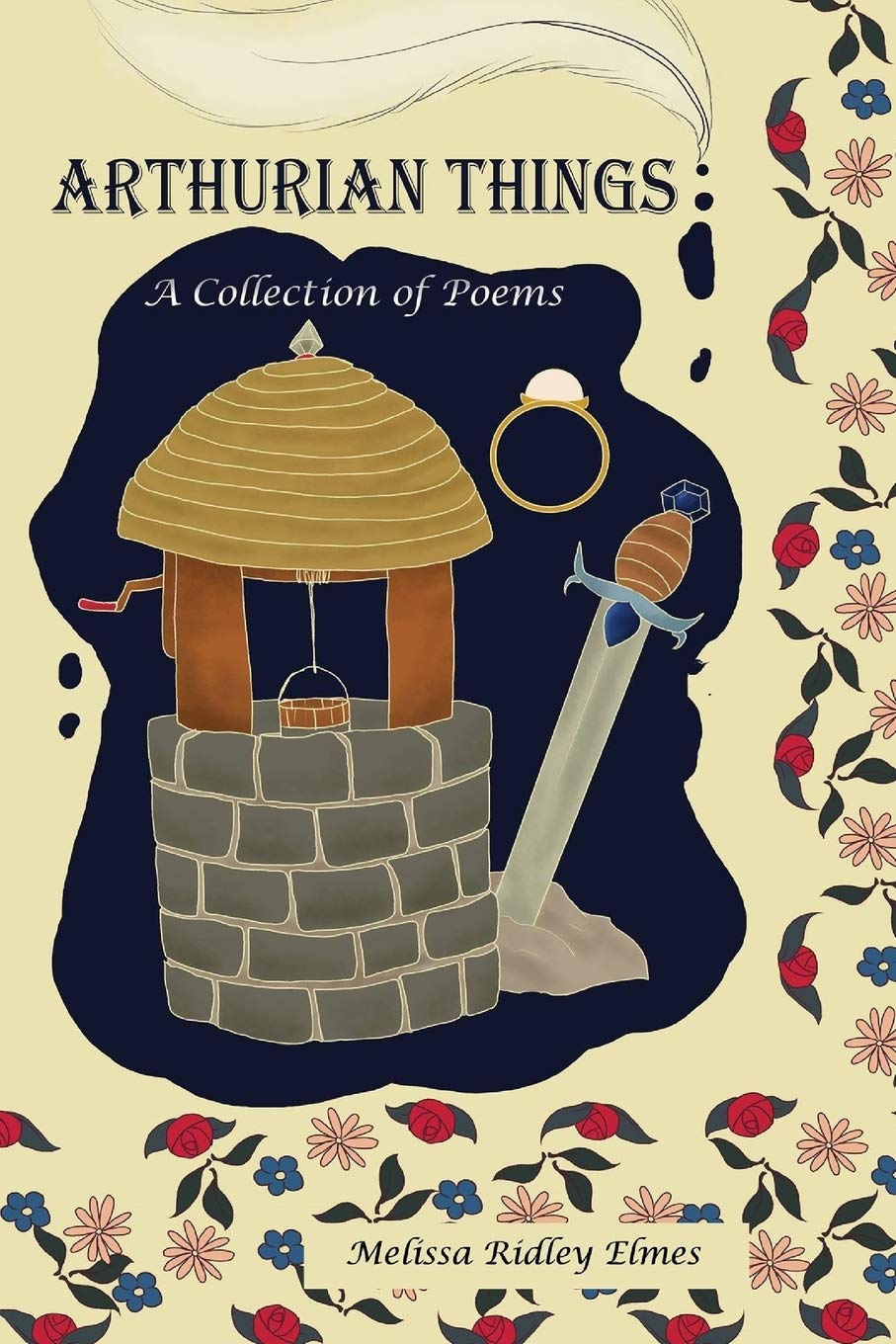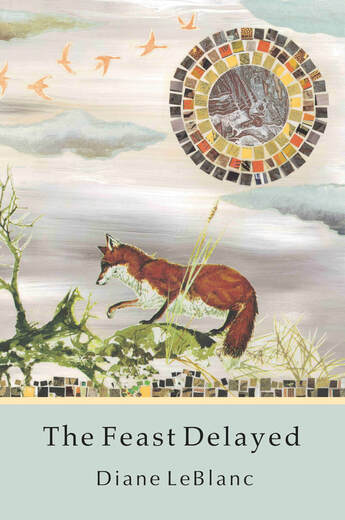 Ultimately, this collection brings a great new poet to light from a country that often gets overlooked in English writing. Even more though, the variety of the work shows us that Leminiski is a poet who lived through poetry. He thought, breathed, and dreamed poetically, and the reader can delve into that life by experiencing the stages of it in this collection.
Ultimately, this collection brings a great new poet to light from a country that often gets overlooked in English writing. Even more though, the variety of the work shows us that Leminiski is a poet who lived through poetry. He thought, breathed, and dreamed poetically, and the reader can delve into that life by experiencing the stages of it in this collection.
Category: Poetry Reviews
A review of How Beautiful People Are by Ayaz Pirani
 A preternatural intelligence is required to understand the complexity of beauty and to hold beauty with reverence and respect for objectivity. Pirani gives depth to these contemplations as well as to the practice of observation. The poem investigates a balance between what is and what is observed. The reflection and mergence between the viewer and the viewed arrives at the crossroad of what may quickly be lost.
A preternatural intelligence is required to understand the complexity of beauty and to hold beauty with reverence and respect for objectivity. Pirani gives depth to these contemplations as well as to the practice of observation. The poem investigates a balance between what is and what is observed. The reflection and mergence between the viewer and the viewed arrives at the crossroad of what may quickly be lost.
A review of Lyon Street by Marc Zegans
 For our poet, each of the women who appear in this collection are more than characters. Each one is also an encounter to be reckoned with, an archetype, someone to be understood at a deeper level. The poem concludes with the poet wondering if this “carnival life” was “…a perfect faith that this was forever..” until he and company then “…ambled across Broadway down Columbus…climbed the secret stairs to Apple and Eve,// saw the dancing girl with the welts on her thighs,/ and realized, all this was not just play.”
For our poet, each of the women who appear in this collection are more than characters. Each one is also an encounter to be reckoned with, an archetype, someone to be understood at a deeper level. The poem concludes with the poet wondering if this “carnival life” was “…a perfect faith that this was forever..” until he and company then “…ambled across Broadway down Columbus…climbed the secret stairs to Apple and Eve,// saw the dancing girl with the welts on her thighs,/ and realized, all this was not just play.”
A review of The Pit by Tara Borin
 The Pit is vulnerable. Every character is one that you might know and put a face to. None are foreign or fantastical and in that way, friendly yet tragic in the same breath, quickly urging sympathy from the reader. Just as a pub is a collector of escapists and thrill-seekers, it is routinely a home for the broken and suffering. The manner in which Borin curates a motif of safety is endearing and compliments the beauty of The Pit.
The Pit is vulnerable. Every character is one that you might know and put a face to. None are foreign or fantastical and in that way, friendly yet tragic in the same breath, quickly urging sympathy from the reader. Just as a pub is a collector of escapists and thrill-seekers, it is routinely a home for the broken and suffering. The manner in which Borin curates a motif of safety is endearing and compliments the beauty of The Pit.
A review of Walking the Labyrinth by Pamela Wax
 An ordained rabbi, Pamela Wax’s poems are steeped in ethical concerns and Jewish tradition and practice. “I keep getting books about character,” “Not Moses,” “Bad Girl” and others address her sense of coming up short, failing in her duties as a sister and a daughter, as a human being. One’s responses to grief are complex and often contradictory.
An ordained rabbi, Pamela Wax’s poems are steeped in ethical concerns and Jewish tradition and practice. “I keep getting books about character,” “Not Moses,” “Bad Girl” and others address her sense of coming up short, failing in her duties as a sister and a daughter, as a human being. One’s responses to grief are complex and often contradictory.
A review of Selected Poems: The Director’s Cut by John Yamrus
 The poems in this book are courageous in that they defy expectations of what some may consider “poetic material.” Yamrus forgoes lyricism by shooting straight (and sometimes being crass). He eschews punctuation and literary device. He compresses everything, as in the two-word poem “nothing / helps,” or, a poem half that length: “endure.” That’s right.
The poems in this book are courageous in that they defy expectations of what some may consider “poetic material.” Yamrus forgoes lyricism by shooting straight (and sometimes being crass). He eschews punctuation and literary device. He compresses everything, as in the two-word poem “nothing / helps,” or, a poem half that length: “endure.” That’s right.
A review of In The Roar of the Machine by Zheng Xiaoqiong
 The poet skilfully describes how youth and dreams are lost quickly as the result of hard work, becoming part of the machine: “I see myself resembling this cast iron.” Iron is in her hands, in her mind, in her verses, iron controls her life. Anonymity, monotony, boredom, pain and exploitation are observed with poetic care; politics into poetry.
The poet skilfully describes how youth and dreams are lost quickly as the result of hard work, becoming part of the machine: “I see myself resembling this cast iron.” Iron is in her hands, in her mind, in her verses, iron controls her life. Anonymity, monotony, boredom, pain and exploitation are observed with poetic care; politics into poetry.
A review of Beachcomber by Colleen Keating
 The poet has the ability to immerse herself in nature, her senses capture the beauty that surround us whether at the beach, in a forest or in her own garden. For example, a little rock falls at her feet, she picks it up and she reads its secrets, its past, she hears its voice and she treasures it. Keating has the skill to draw pictures with words bringing to the reader very vivid descriptions.
The poet has the ability to immerse herself in nature, her senses capture the beauty that surround us whether at the beach, in a forest or in her own garden. For example, a little rock falls at her feet, she picks it up and she reads its secrets, its past, she hears its voice and she treasures it. Keating has the skill to draw pictures with words bringing to the reader very vivid descriptions.
A review of Arthurian Things: A Collection of Poems by Melissa Ridley Elmes
 Taking on a legend is never an easy task, and the Arthurian legend is ages old and feels as if it were set in stone. In her collection of poems giving voice to Arthurian Things, Melissa Ridley Elmes has undertaken to add to the canon of Arthuriana poems that imagine voices, tell tales, and create scenes in which the once-and-future King Arthur and his knights are endowed with humor and humanity.
Taking on a legend is never an easy task, and the Arthurian legend is ages old and feels as if it were set in stone. In her collection of poems giving voice to Arthurian Things, Melissa Ridley Elmes has undertaken to add to the canon of Arthuriana poems that imagine voices, tell tales, and create scenes in which the once-and-future King Arthur and his knights are endowed with humor and humanity.
Pay Attention – Taste – Remember: Review of Diane LeBlanc’s Poetry Collection, The Feast Delayed
 In LeBlanc’s poetry, grief enters through the senses, often the sense of taste. The collection is imbued with flavors. While I read, they lingered on my tongue. In some of the poems, the flavors are bitter and reflect the bitterness of loss and injustice. The prose poem “Expired” takes us through the journey of cleaning out the spice cupboard, of searching out the jars past their expiration dates.
In LeBlanc’s poetry, grief enters through the senses, often the sense of taste. The collection is imbued with flavors. While I read, they lingered on my tongue. In some of the poems, the flavors are bitter and reflect the bitterness of loss and injustice. The prose poem “Expired” takes us through the journey of cleaning out the spice cupboard, of searching out the jars past their expiration dates.